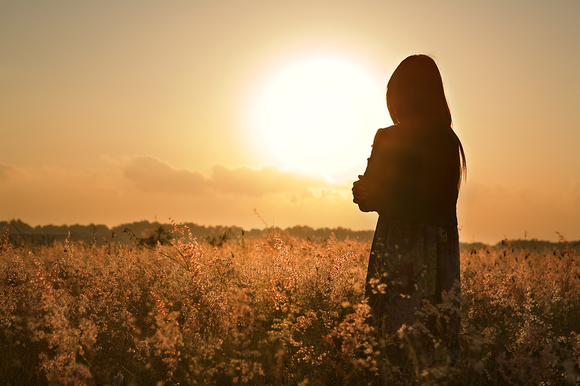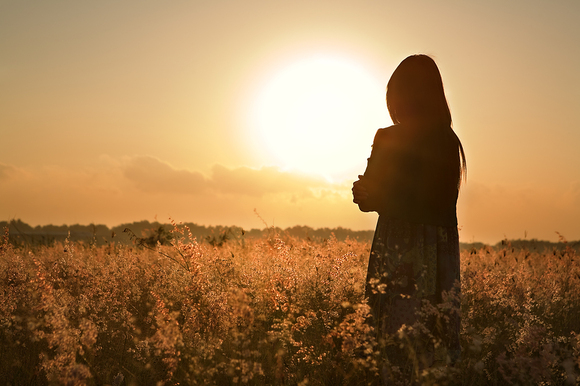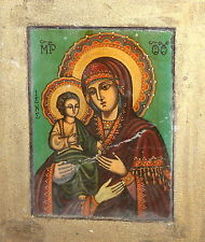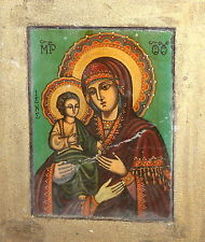I don’t think there is anything left that I’m supposed to do. What’s becoming clear to me is that the challenging invitation in front of me while I wait isn’t actually to do anything, but rather to learn how to stop doing. Perhaps the reason I’m still here (besides the incompetence of the people handling our visa applications) is that I’m being given an opportunity to learn how to truly wait for something.
I don’t wait well. I’ve rarely ever waited for anything in my life. Because waiting means embracing emptiness inside of oneself; living in the actual tension of not knowing what will happen next, and perhaps even reaching a point of spiritual indifference from which one can joyfully embrace whatever answer or circumstance arises.
I don’t usually embrace emptiness. I run from it– which is why most of the time my “waiting” is actually an active process of filling my mind with all sorts of plans and counter-plans and contingencies, thinking ahead in both directions to prepare myself for every possible outcome before it happens.
I spend time forecasting how long I think it will take for whatever I am awaiting to arrive.
I count down days.
I imagine how I’ll feel when it happens.
I imagine my response if something unexpected happens, and then explore what each and every one of those things might be, so that I will expect them if they happen.
Creating my own plans and answers is no substitute for patiently waiting and receiving the plans and answers that God has for me. But there’s a paradox here, because as human beings we are co-creators and co-conspiritors with God, which means that we work cooperatively with Him to create the future. We have an important role to play in shaping what kind of person we will become and what kind of world we will live in! Where we delude ourselves is in thinking that we can actually create ourselves or our future independently of God.
Rather than action plans and will-power, our growth ultimately depends on our decisions to receive grace or not. Will we accept God’s invitations in our life? Will we recognize God’s activity; push into that realm of weakness and vulnerability that brings us closer to God? Even a thwarted plan or an unexpected delay can be a grace to us if we allow it to be.
So we can resist and kick and scream and slow down the process of our own growth, but we cannot engineer that process to ensure our preferred timing and style. Waiting is not merely a formula of putting in a set amount of time and effort to get a predictable or desired result. It is always an opening of ourselves to the unknown; a giving of consent for our own expectations and plans to be subverted and changed, and for new possibilities to come into existence. Waiting is a patient, sustained yes to God which humbly lays aside our own desires—not disregarding them, but accepting the possibility of giving them up in exchange for something we would not have chosen for ourselves.
I am in that in-between space now, trying to wait with open hands. Amidst my boredom, confusion, frustration, and uncertainty about the future, I am trying to learn how to take hold of the grace that is offered and to allow it to change me. It isn’t easy and I don’t always take it, but as many times as I get wound up in anxiety or bids for control, I find that I am allowed to wander back and try again. I find that grace is offered to me again and again.



